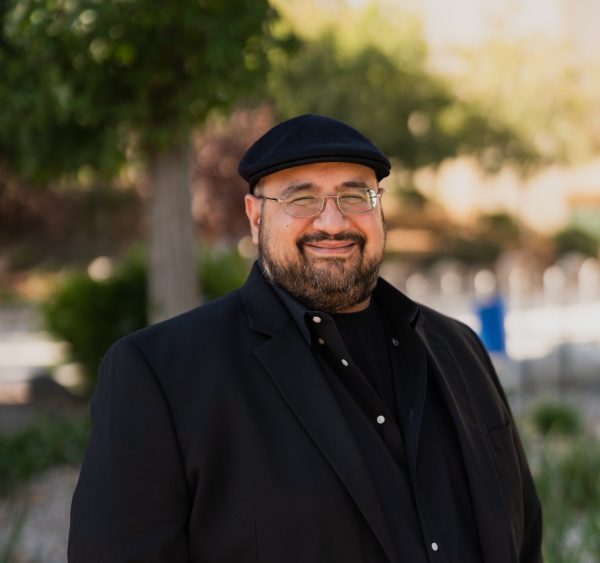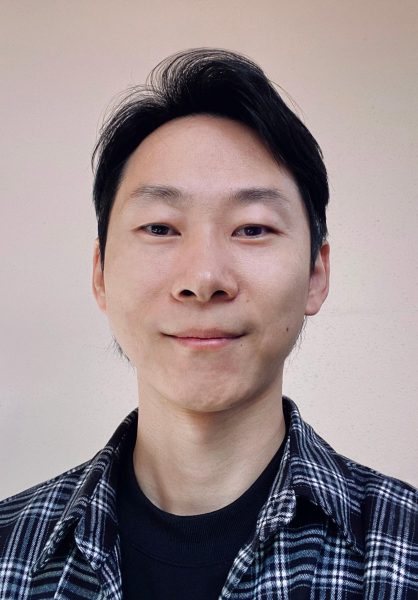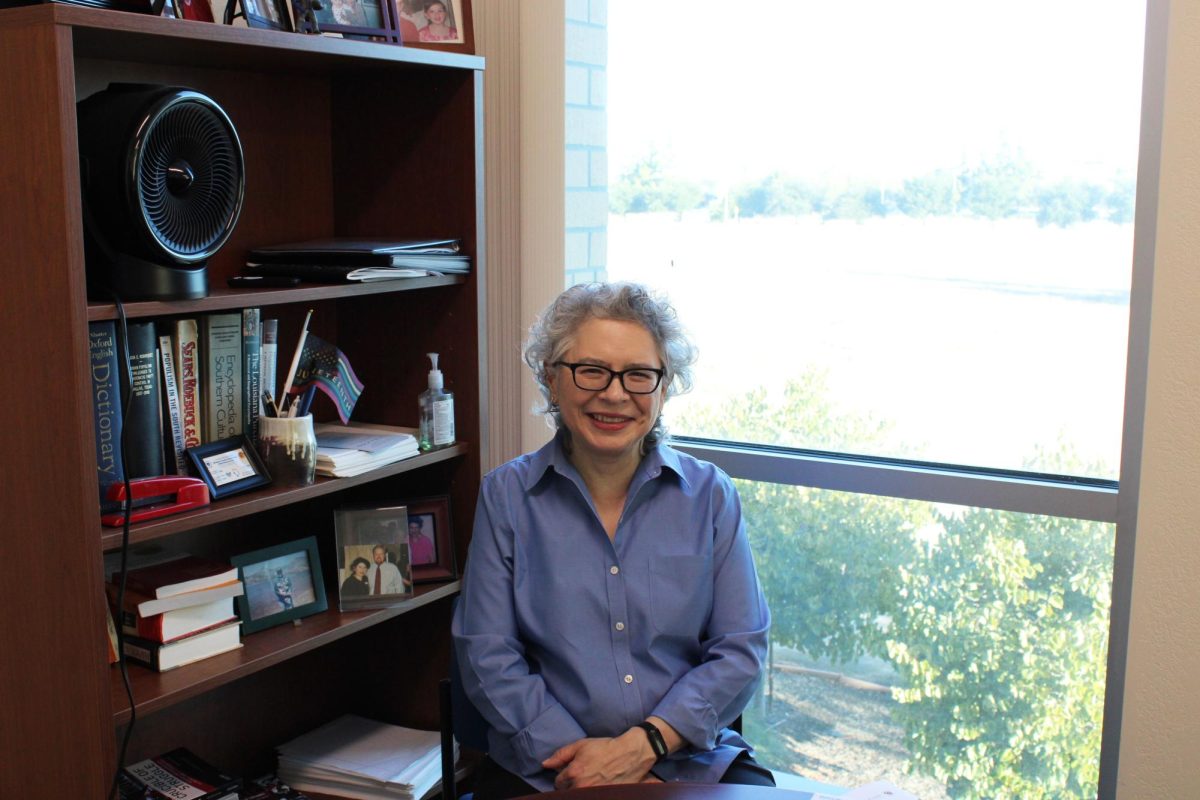In past decades, it was considered the norm to complete your education and then pursue a single profession but in today’s financial landscape it is not as promising.
For a number of lecturers, having only one job is not enough to meet the expenses of the rising cost of living. CSUB lecturer and Chair of the Anthropology department, Natalie Thompson, currently teaches full-time on campus, part-time at Porterville Community College, and at one point also worked in retail simultaneously to sustain her income.

Thompson said that she is concerned about how there are no longer having the social safety nets available that we’ve paid into, as well as lacking the time and energy required for community-building. The ability to balance everything can definitely take a toll when you value the quality of your output.
“I have to juggle being able to pay my bills and provide a quality of education to my students that not only meets institutional standards, but a standard I’ve set for myself,” said Thompson.
Being able to maintain those standards can be difficult to do when budget cuts are being made, resulting in staff and faculty being let go of jobs. Therefore, instructors are expected to spread themselves even more thin.
Dirk Horn, political science lecturer, feels the pressure of having multiple jobs at different universities just to make ends meet. He teaches full-time on campus and part-time on the Bakersfield College campus. He has also had positions at Taft and Ventura colleges.
“It’s not just the students that are juggling a whole bunch, right? We’re all being asked to do more with less. And unfortunately, with the budget looking like it is in the next couple years, we’re gonna be asked to do even more with even less,” said Horn.

Taking on part-time roles is also fraught with uncertainty, as Horn said how part-time faculty are often given their classes just a week or two before the start of the semester. Sometimes the professors don’t know what they will be teaching, or if there are enough students to keep the class open. Those factors all weigh in when it comes to determining your income for the year ahead, and not having that security of knowing for sure can be unsettling.
Not all faculty have the same experiences though. Full-time Cal State Bakersfield communications lecturer Joe Ren also maintains more than one role, but his second profession is an organization he co-founded in 2014 to help young artists, called Expose Art. Ren has only been in California two years now, and suggests maybe he hasn’t faced the pressures of the cost of living here fully yet. He manages his work-life balance, and said that he feels lucky to still find time to pursue his passions.

“What is fortunate for me is that I don’t find the balance, it feels like the balance finds me,” says Ren.
While everyone is going to experience a varied workload in their lives and for some it may be easier to manage, there is a clearly an economic downturn—at the very least in the state of California, where enough faculty felt moved to protest against their current wages.
Following the California Faculty Association strike that occurred at the beginning of spring semester 2024, where faculty, staff, students and supporters were on the picketing line for the first day, a tentative agreement was reached. However, that agreement only guaranteed a 5 percent general salary increase for all faculty, and how much of an impact can that 5 percent make as the cost-of-living climbs concurrently? Some may feel the increase is only a mere dent in the expense of surviving the economic plight we are currently faced with.







